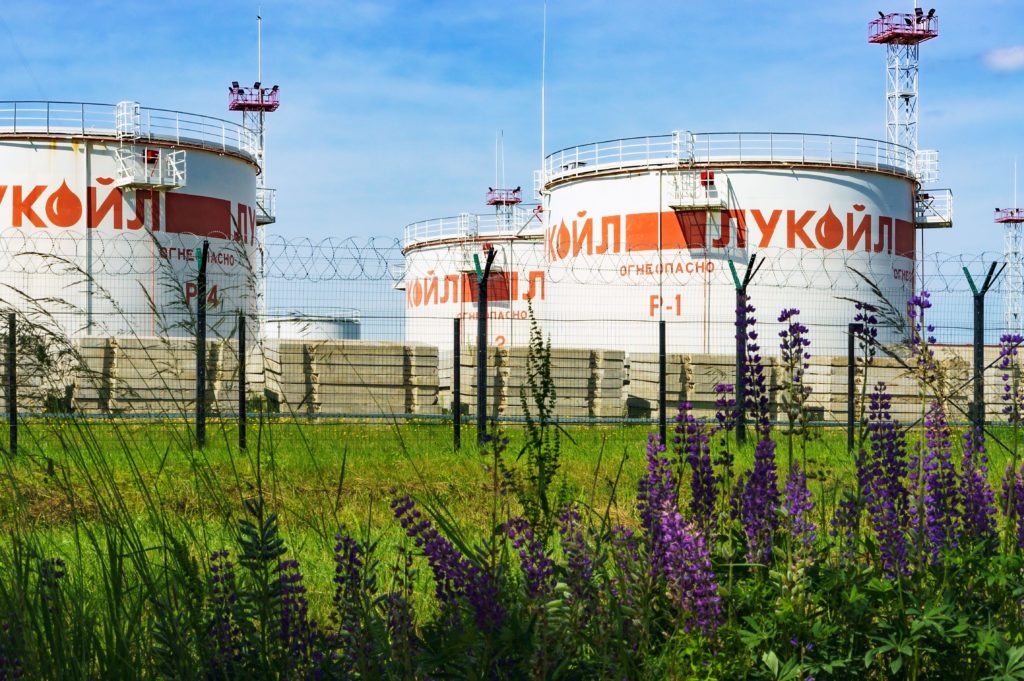BAKU
Russian oil company LUKOIL is in talks to become the operator of the Dostlug project, an oil and gas field in the Caspian Sea that’s been the subject of a dispute between Azerbaijan and Turkmenistan for nearly three decades.
“Consultations (with Azerbaijan and Turkmenistan) on Dustlug are underway and an intergovernmental agreement is being prepared. We would like to be operators, but we don’t know our share yet,” LUKOIL President Vagit Alekperov told reporters on the sidelines of the International Economic Forum in St. Petersburg.
Azerbaijan and Turkmenistan in January signed a breakthrough agreement on the exploration and development of the Dostlug (Druzhba) field, previously the subject of a 24-year territorial dispute between the Caspian states. Experts say the agreement has cleared the way for a long-anticipated Trans-Caspian pipeline to Europe.
The parties in February agreed to speed up the contract, and in mid-March, LUKOIL announced it would take part in jointly developing the field, which has 50-60 million tonnes of oil and 30 billion cubic meters (bcm) of gas reserves, along with Azerbaijan’s state energy firm SOCAR and a Turkmen partner . Azerbaijan officials say the field was discovered in 1986 and that development may begin in the next two years.
Azerbaijan says it will have a 30 percent interest in the project, which was ratified by the country’s parliament. Turkmenistan will own a 70 percent stake, and ratified the agreement in parliament.
Experts in Baku believe that oil from Dostlug can be sent via the Baku-Tbilisi-Ceyhan (BTC) oil pipeline, through its 30-kilometre connection with the Azeri-Chirag-Guneshli infrastructure and through access to the BTC.
Azerbaijan has in the past successfully exported oil from other fields in Turkmenistan via the BTC pipeline. In 2021, the volume of oil transit through Baku from two foreign projects in Turkmenistan is expected to exceed 3 million tonnes.

